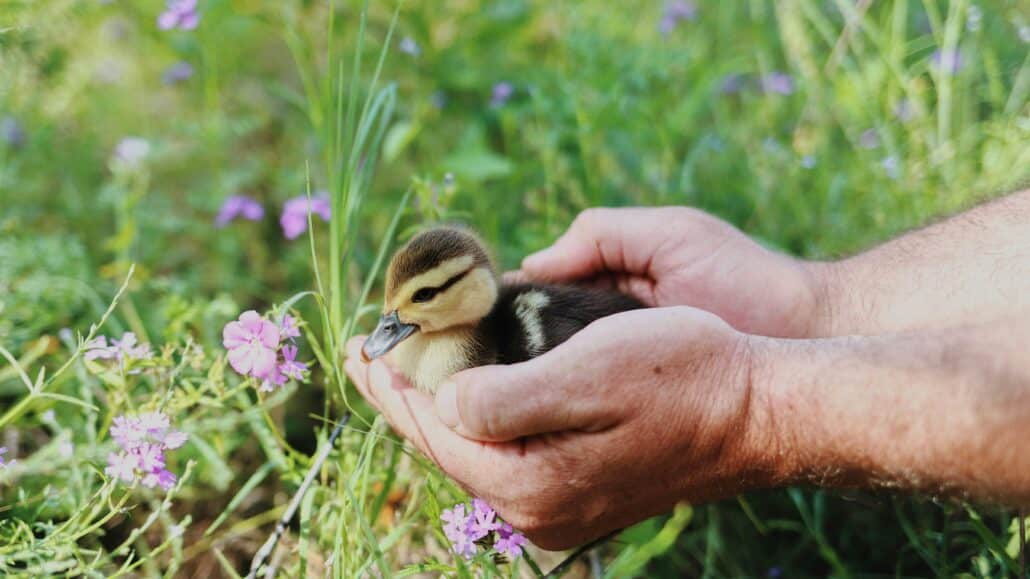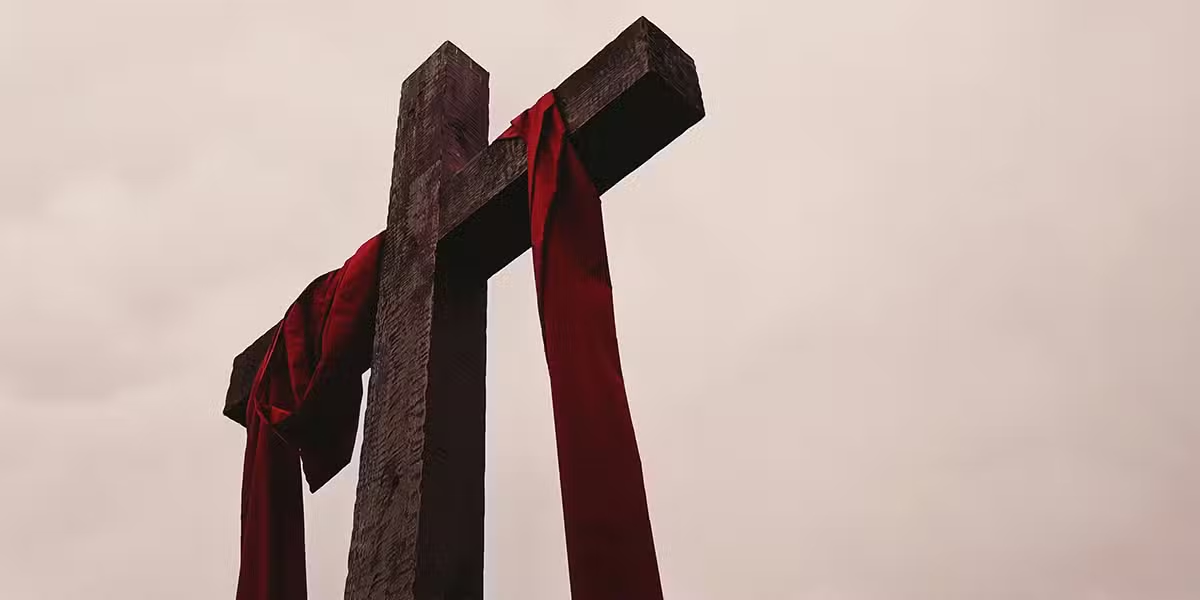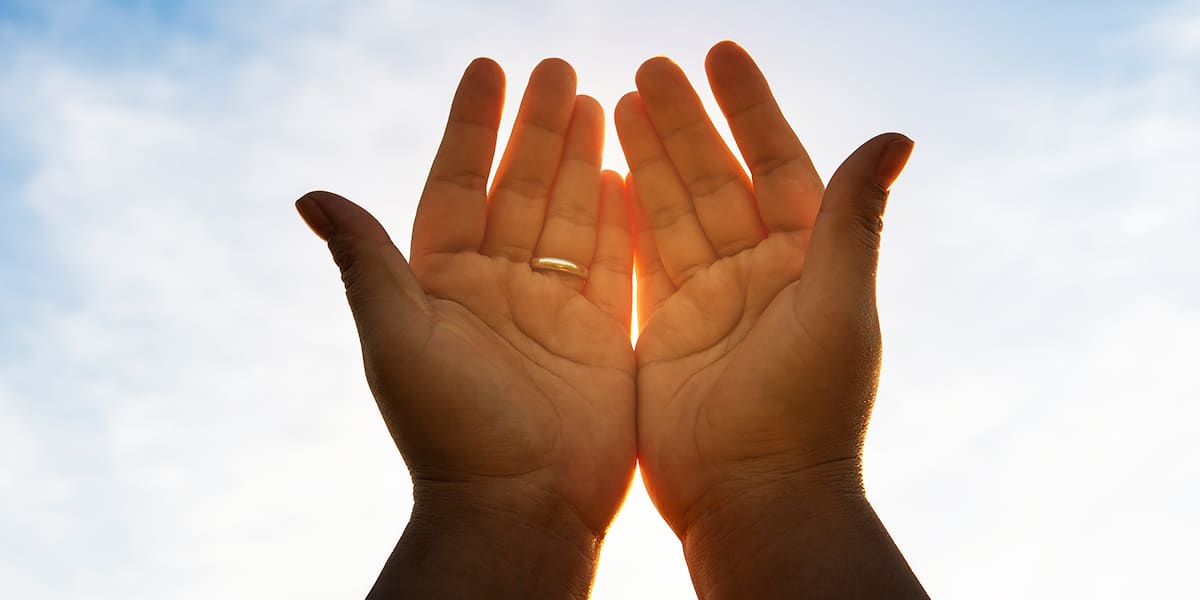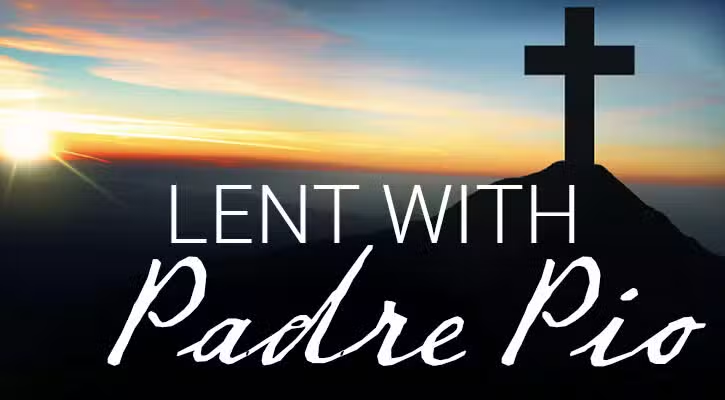When I was a boy, my family lived for a time in a suburban neighborhood. Despite the lawns and blacktop, there was woods behind our house—five acres or so—where I spent long hours exploring and playing. I knew those woods deeply—where the possum’s den was and the patches of moss that made for a good pillow, where a Chuck-will’s-widow bird slept, and the creek pools in which songbirds bathed. I loved the woods and all the creatures that lived in them.
One day I went on a walk along the creek and saw an oil slick spreading over the water. Someone had poured large quantities of used motor oil down a storm drain and it had ended up in this creek at the center of the woods I knew and loved. I was outraged at the pollution and destruction of this place because, in some way, I sensed that something holy had been defiled.
My love moved my outrage, which then moved my action—I looked in the phone book and called the Environmental Protection Agency. An inspector came, gracious to take the call for what I’m sure was a comparatively small environmental crime. He patiently followed me to see the oil slick and dead birds and listened as I told him my suspicion that a body builder up the street, always working on his friends’ cars, was the perpetrator. The EPA inspector offered him a warning but could do nothing more given the lack of clear evidence. No more oil spills happened while I lived there. I begin with this anecdote because what drove my action, what animated and directed it, was love. Over those many mornings and evenings, those long hours being in the place, I had come to love it and, because I loved it, I also defended it as best I could as a young boy.
To be a human creature, a person that somehow bears the image of God, means that love is properly at our core. When we move in proper relation to the world we move with affection. And it is this affection that guides our action and directs the boundaries of our limits.
The deeper my love the more particular it becomes and the more limited in scope. It is only through such particulars that we can come to save the creation. God may love the world, but we live into God’s image by reflecting such love on a proper scale—among particular places and people.
We live into our love when we love our neighbors and, thus necessarily, our neighborhood. Some might complain, and some have, that such a vision is provincial—that in a global age we need to take up the call to be citizens of the world and expand our moral vision to include the whole of it. Some people also reject monogamous marriage as the standard of love.
In both cases, human and ecological wreckage typically ensue because such ideas deny the authentic possibility and practice of human love, which must always be to scale and must always be practiced with fidelity. A global ethic is likely to do no better than the global economy in naming and valuing what is truly good and lovely in the world. Love can begin in general, in the instinctual drives, but it must arrive at home if it is to last. The writer and environmentalist Wendell Berry writes: “One who returns home—to one’s marriage and household and place in the world—desiring anew what was previously chosen, is neither the world’s stranger nor its prisoner but is at once in place and free.” Freedom then comes not from escaping the bonds of love, but by returning to see that they are not bonds at all.
If we are to love as God has loved us, then our lives must involve renunciation so that we can make room for the rest of the creation.
Just as love in a family requires the limits of marriage and then the limits necessary for the healthy raising of children, so we must learn to live more limited lives out of love for our places and all of the creatures that live in them. This is limit so that we can have expansion; just as God limits Godself for the sake of the world, we must limit our power and the space our lives take up in the world so that other creatures may have room to flourish. In order to enact this love, we must reorient our desires toward those who guide our limits.
As St. Francis de Sales wrote “Love the poor and love poverty, for it is by such love that we become truly poor. As the Scripture says, we become like the things we love.”








